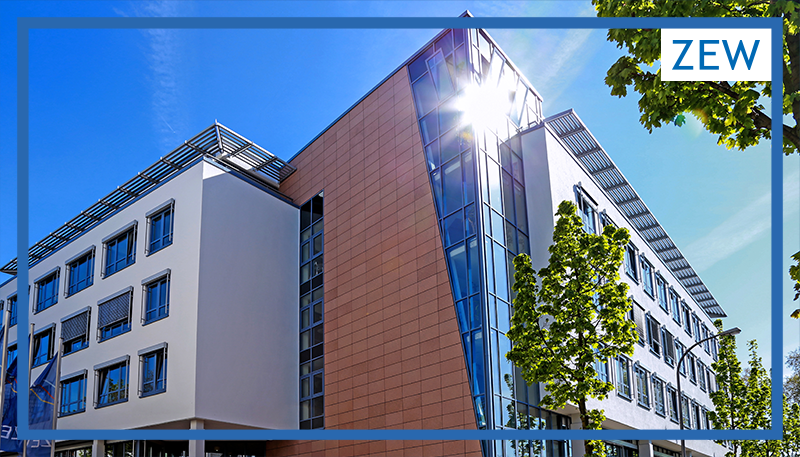#ZEWPodcast: How Important Is Equal Opportunity for Economic Growth?
#ZEWPodcastZEW Podcast with Guido Neidhöfer
Equal opportunities are a crucial factor for the stability of democracies. The economic prosperity of a society is equally dependent on equal opportunities for everyone living in it. This already starts in childhood, with equal access to education. In reality, a child’s or teenager’s educational opportunities often depend on their family background. Yet it is true that equal access to education for all can make an economy more efficient. But how can we increase equal opportunities in Germany? Labour and education economist Guido Neidhöfer shares his insights in the #ZEWPodcast.
“It would be fair to reward one’s effort as this creates incentives and increases efficiency,” explains Dr. Guido Neidhöfer, researcher in ZEW’s “Labour Markets and Social Insurance” Unit. However, inequality does not only arise because of different efforts, but also because of external circumstances such as skin colour, gender or place of residence. Creating equal opportunities means eliminating inequalities caused by circumstances beyond one’s control so that individual efforts are rewarded fairly.
According to Neidhöfer, the topic of equal opportunities is particularly interesting for economic research in terms of efficiency and equity. Efficiency and equity are often conflicting interests. Policymakers need to weigh up different measures and decide what they are willing to give up to strengthen other aspects. “Taxation is a good example. On the one hand, the government needs to impose taxes to redistribute income and also to fund the public sector. On the other hand, excessive taxation creates a negative incentive. This means if taxes are too high, some people will work and invest less than what would be efficient,” Neidhöfer explains.
On professional football players and the German education system
“If a person’s talents are not nurtured, they will never reach their full potential,” says Neidhöfer. He cites professional football as a prime example. Talents like Messi, Mbappé or Maradona were able to rise high despite highly unfavourable circumstances because clubs invested in them at a young age. “Football is a good counterexample to what is happening in our education system,” the labour economist points out. For example, the parents of 67 per cent of pupils attending a German Gymnasium (most advanced schools of German secondary education) have themselves completed the Abitur (university entrance qualification), while the parents of only 6 per cent of Gymnasium students have a Hauptschulabschluss (general school leaving certificate). At the same time, the parents of 42 per cent of Hauptschule students have the same degree. “Considering that a potential genius can also be born to people with a low level of education, statistics show that opportunities are far from being equal,” adds Neidhöfer.
COVID-19 inhibits equal opportunities
“Due to pandemic-related school closures, pupils no longer spend a large part of the day in their usual learning environment, but at home. We know that the home environments differ greatly and that in some households it can be more difficult for children to learn,” Neidhöfer explains. School closures affect disadvantaged children in particular. At home, they have little space and limited access to media and learning materials. The federal government’s catch-up package was therefore a crucial step to support disadvantaged children, even though it somewhat lacks ambition. “For example, if I were a decision-maker and I had 10 euros, I would invest those 10 euros in disadvantaged children so that the money reaches those who need it most,” Neidhöfer emphasises.

